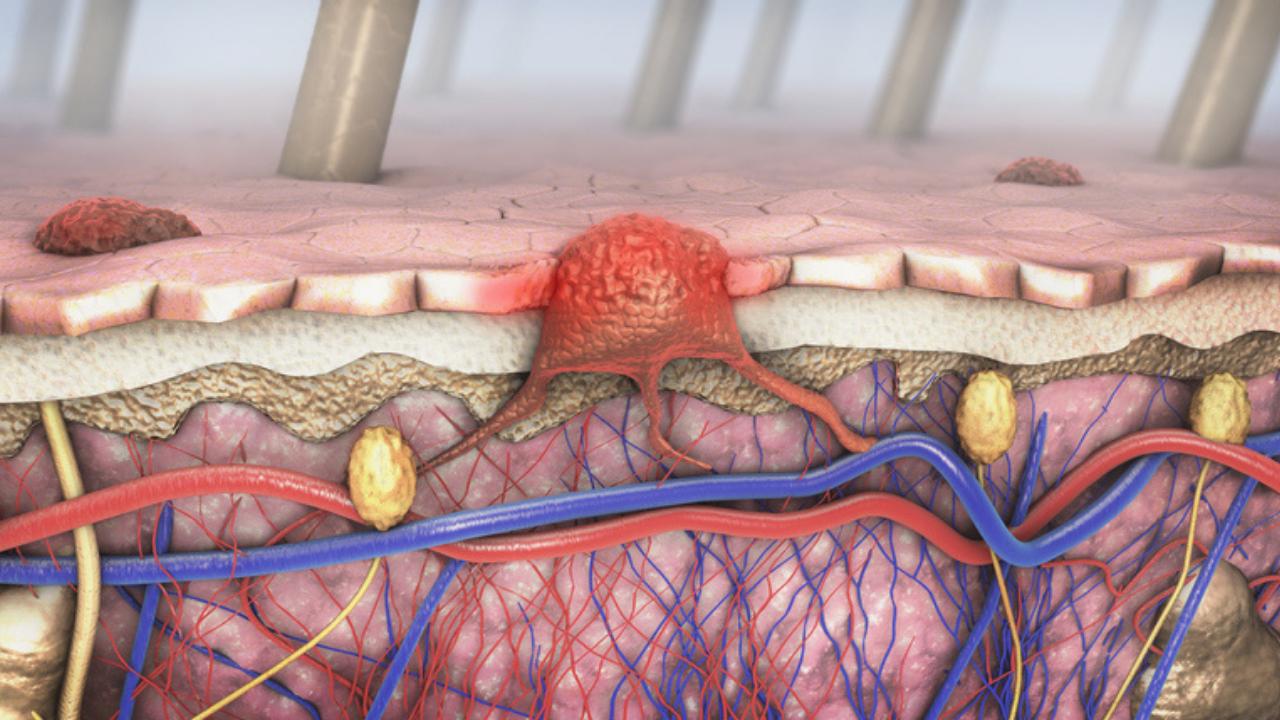
UK researchers have developed a method to `time jump` human skin cells by 30 years, turning back the ageing clock for cells without losing their specialised function.
The team from the Babraham Institute at University of Cambridge has been able to partly restore the function of older cells, as well as rejuvenating the molecular measures of biological age. Though the findings, published in the journal eLife, are at an early stage of exploration, it could revolutionise regenerative medicine.
The new method overcomes the problem of entirely erasing cell identity by halting reprogramming part of the way through the process. This allowed researchers to find the precise balance between reprogramming cells, making them biologically younger, while still being able to regain their specialised cell function.
In 2007, Shinya Yamanaka was the first scientist to turn normal cells, which have a specific function, into stem cells which have the special ability to develop into any cell type. The full process of stem cell reprogramming takes around 50 days using four key molecules called the Yamanaka factors.
The new method, called `maturation phase transient reprogramming`, exposes cells to Yamanaka factors for just 13 days. At this point, age-related changes are removed and the cells have temporarily lost their identity. The partly reprogrammed cells were given time to grow under normal conditions, to observe whether their specific skin cell function returned.
Genome analysis showed that cells had regained markers characteristic of skin cells (fibroblasts), and this was confirmed by observing collagen production in the reprogrammed cells.
“Our results represent a big step forward in our understanding of cell reprogramming. We have proved that cells can be rejuvenated without losing their function and that rejuvenation looks to restore some function to old cells,” said Dr Diljeet Gill, a postdoc at the Institute.
“The fact that we also saw a reverse of ageing indicators in genes associated with diseases is particularly promising for the future of this work,” Gill added.
To show that the cells had been rejuvenated, the researchers looked for changes in the hallmarks of ageing.
Researchers looked at multiple measures of cellular age. The first is the epigenetic clock, where chemical tags present throughout the genome indicate age. The second is the transcriptome, all the gene readouts produced by the cell. By these two measures, the reprogrammed cells matched the profile of cells that were 30 years younger compared to reference data sets.
Further, the team tested the partially rejuvenated cells by creating an artificial cut in a layer of cells in a dish. They found that their treated fibroblasts moved into the gap faster than older cells. This is a promising sign that one day this research could eventually be used to create cells that are better at healing wounds.
This story has been sourced from a third party syndicated feed, agencies. Mid-day accepts no responsibility or liability for its dependability, trustworthiness, reliability and data of the text. Mid-day management/mid-day.com reserves the sole right to alter, delete or remove (without notice) the content in its absolute discretion for any reason whatsoever.
Stay connected with us on social media platform for instant update click here to join our Twitter, & Facebook
We are now on Telegram. Click here to join our channel (@TechiUpdate) and stay updated with the latest Technology headlines.
For all the latest Health & Fitness News Click Here
